Defeat the procrastination blues! Here are 9 benefits to putting off tasks
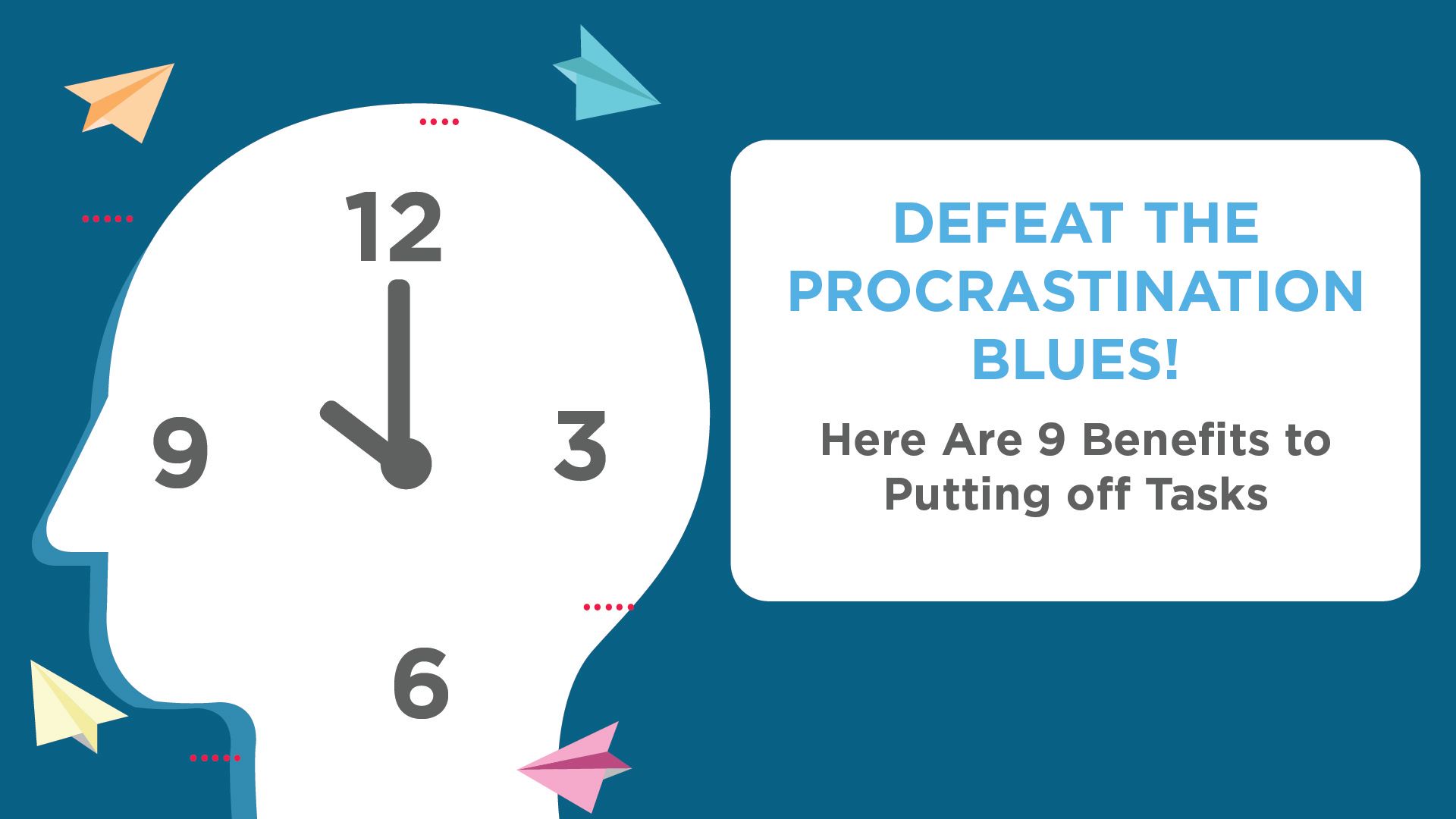
On the off chance that you’re like us and prefer fun and distraction instead of grinding away at work, take comfort in the fact that there’s safety – and justification – in numbers.
Consider this: One in five people are chronic procrastinators. They are separate from occasional or casual procrastinators in that chronic procrastinators put off tasks at a severe and perpetual capacity.
The next time you feel guilty about scrolling through your social media accounts instead of getting on with an assignment that was due yesterday, rejoice in the upside. We found 12 benefits to putting off your tasks.
You learn not to worry about things you have no control over.

Have you ever tried not worrying about things? It’s definitely easier said than done, but once you get the hang of it, it’s quite liberating.
For people with anxiety disorders, the extreme fear and worry are best left to the expertise of health professionals. For the rest of us, worrying is a matter of choice.
One example: if you think you’re running late for work or an appointment, stop checking your phone for the time. Decide to do your best to get to wherever you need to be as scheduled. That’s all you can do, anyway. Why stress yourself with things you have no control over – like a vehicular accident that has traffic backed up for a kilometer.
If you don’t make it, then you don’t make it. It’s not the end of the world.
By practicing the subtle art of procrastination, you can conserve your energy by not worrying before you have to – or by not worrying at all.
You know how to think on your feet.

When you put things off until the last minute, you may overlook a few things. And it’s not for lack of trying!
It’s inevitable that no matter how much you prepare, there are things that don’t go according to plan. That’s why it’s essential that you’re able to think on your feet.
Procrastinators get used to working under pressure. With or without enough preparation, they can improvise at the drop of a hat, and they usually end up succeeding. You might be surprised at how many famous people are master procrastinators.
You get to see the bigger picture.
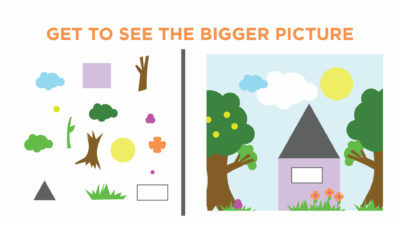
Sometimes, all you need to do is step back and take time to pause and reflect. That can take anywhere from five minutes to a year. Here’s where procrastinators have an upper hand.
You might not be aware of this, but even when you’re procrastinating, you’re still working. In his book “Wait: The Useful Art of Procrastination,” Frank Partnoy asserts that by procrastinating, you’re also biding your time.
In the back of your mind, you’re simply processing everything that needs to be done. Your thoughts and ideas are being marinated – aged, if you will, like fine wine or steak.
You can manage your time to best suit your needs.
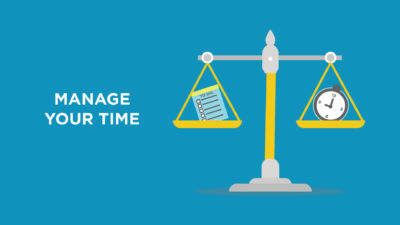
Except for rush jobs, you were probably given enough time to comfortably work on your tasks. And if you’re a procrastinator, you probably use this time to look for as many distractions as possible.
Suddenly, you remember all the other things that needed doing beforehand. A productive person might tell you to work on the heavier task first, but the procrastinator is likely to say work on the small, easier bits first.
Here’s the thing: you know your strengths and your weaknesses. Procrastinators are not made overnight, so you’re probably accustomed to working this way. You’ve practiced managing your time the best way you know how.
You become a perfectionist.

As a procrastinator, it’s hard to also be a perfectionist. That doesn’t mean it’s impossible!
Procrastination works best on simpler, more manageable tasks. These are the ones that you could do with your eyes closed since they require less focus and attention. Once you get acquainted with certain tasks, you get to accomplish them a lot faster. That leaves you ample time to polish and refine your output.
Think of it this way: there’s always a learning curve when you first start doing something. Even if you’re a master procrastinator, you’ll still have to get on with the work. In no time, you’ll become better at it. Sooner or later, your repetitive tasks become easier to do. Then, you can let your perfectionist flag fly.
You get to practice delayed gratification.
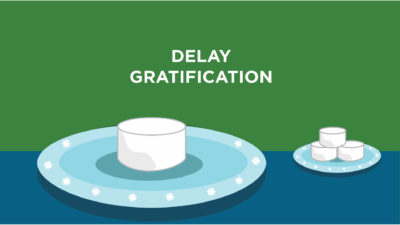
Delayed gratification is basically a fancier way of saying “patience is a virtue.” In the case of procrastination, you’re choosing to bide your time before doing a task – a task that once completed will result in a sense of satisfaction.
That’s our roundabout way of describing how procrastination can be positive for your temperament and mental health.
By putting off your tasks for later, you get to look forward to the day when you actually finish your task. Consider rewarding yourself with a bowl of marshmallows once you do (who knows, you might accomplish it sooner that way).
You come up with more creative ideas.

As we mentioned earlier, people can procrastinate and still become famous. Whether or not they became famous because they put things off, we do know that procrastination breeds creativity.
Some of the most renowned writers are procrastinators. Charles Dickens, Victor Hugo, and Franz Kafka, for example. They didn’t have the internet and smartphones during their time, but they procrastinated anyway!
If you’re stuck, go and play games, take a walk, or stare into nothing. Who knows when inspiration will strike, but activities that have nothing to do with the task you face can provide the needed spark.
You have the chance to learn something new.

You can’t deny that the easiest step to procrastination is by jumping headfirst into the endless internet rabbit hole. It can be as easy as clicking on one YouTube video and following the recommended videos that the developers have conveniently placed just to the right of the window screen.
Technology has the power to consume our attention for hours on end, and that’s not always a bad thing. Online channels are in the business of pumping out content to engage up – and a lot of what’s out there are actually helpful!
So while you’re happily tumbling down that bunny cave, make it worth your while. In addition to wholesome doge vids, click on topics you’ve never even heard of before.
You can work on what really matters.
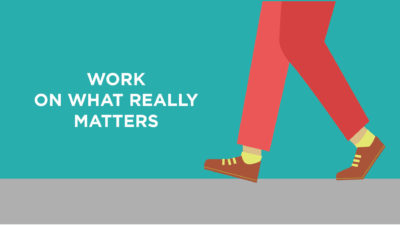
If you’re one of the fortunate few, you get to do what you love day in and day out. Otherwise, a job that leaves you glassy-eyed can drive you to procrastinate. When we don’t love what we’re doing, we tend to postpone doing anything until we really, really have to do it.
Make your procrastination count. Use the time to do what really matters to you.
Crack open that book you’ve always wanted to read. Go on a hike for the first time. Learn how to swim… or surf. Or simply spending time with family or old friends. These are some of the things you should never hesitate to do.
There’s no shame in wanting to distract yourself before doing something. So you might as well use the time happily and productively.